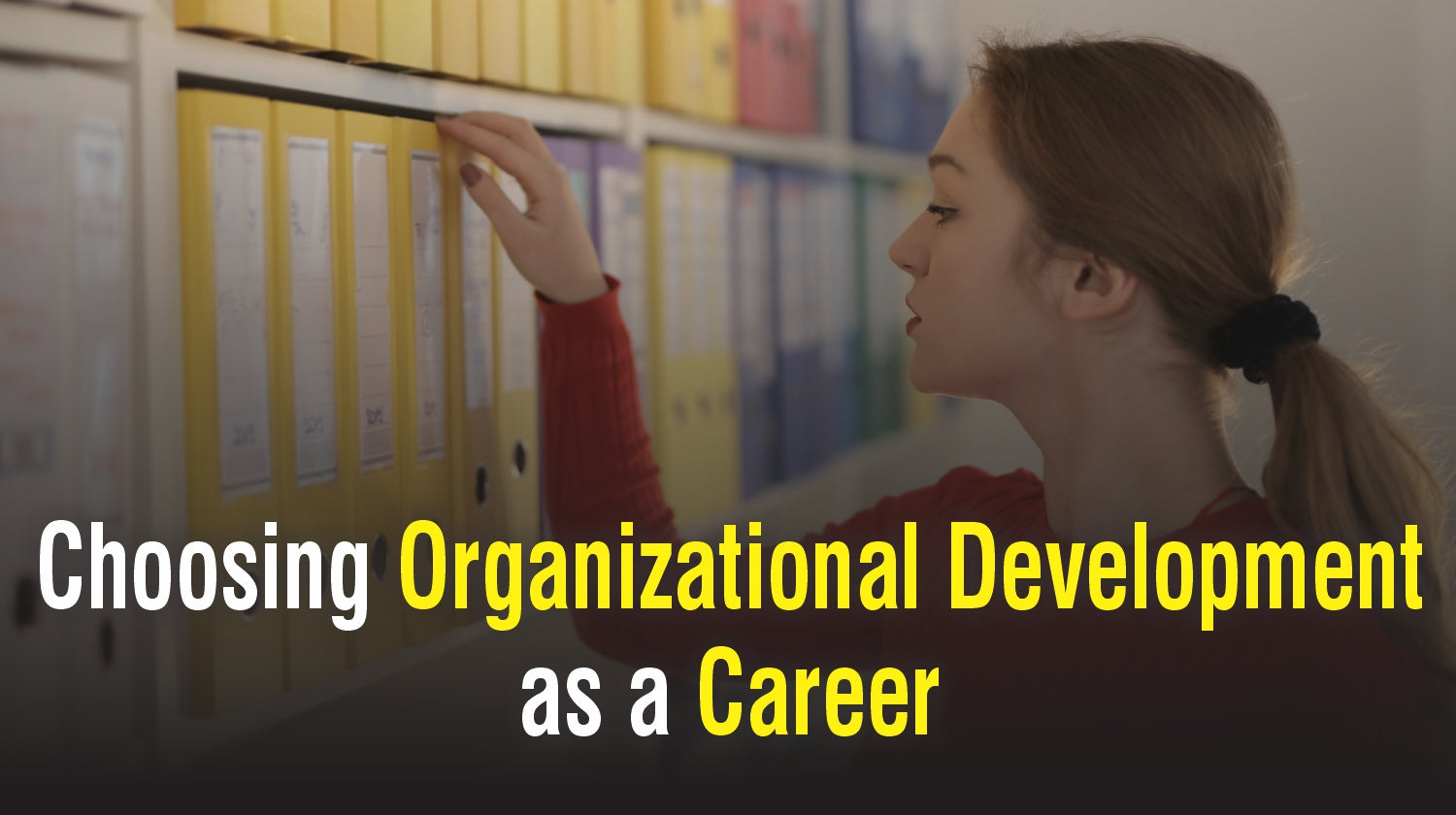Home
-
Blogs on HR, Diversity, and Organizational Success
-
Choosing Organizational Development as a Career

Choosing Organizational Development as a Career
by Ankur Mithal
Lawyer, Engineer, Doctor, Accountant, Teacher, Architect, Writer, Chef, Journalist, Pilot, Civil servant, Footballer, Cricketer.
The career choices are mind-boggling. The options mentioned above are only some of the more commonly known ones. But, the options have kept growing with time. Digital marketing, video animation, Artificial Intelligence (AI), and environmental science are just some of the career paths that have come into being and attained popularity in the last few decades.
The phase when you reach the end of school years and the time arrives to make a choice that would influence how the next few decades will be spent, are anxious years not only for the you but also your near and dear ones, especially parents. Making dramatic changes mid-stream is quite rare. Most people will tend to continue down an almost linear path on the career they embark upon at the start, with, of course, an occasional segue into a branch here and there.
While there is an element of functionality to the choice of a career, many people tend to opt for a career in their chosen function within the ambit of an organization that either operates in that field or requires specialists of that type.
What is the alternative?
An alternative is to operate as an independent professional. In a way, you are the organization, even though it may be a one-person one. Many lawyers and doctors practice their professions independently. Most artists operate independently. Many people who work with their hands, such as cobblers and tailors, might be working independently too.
However, for many youngsters, coming into what is referred to as the ‘working age,’ plying on one’s trade within an organization seems to be a preferred option. Even professionals who tend to operate independently, such as doctors, or lawyers, are increasingly banding together to form organizations and to take advantage of and feed off each other’s skills, experience, and network.
Organizational Development (OD) as a career choice
While the functions earlier mentioned are almost standard functions that most organizations will have, OD is not one of them. Yet. By choosing a career at a time when the discipline is evolving, one can get a ringside view of the developments while being able to influence the direction of growth. Organizational Development is a discipline that enables an organization to mount an offensive against problems or issues they are facing and manage change, with the help of an OD expert or OD facilitator.
But what do OD specialists do?
They enable the organization to work better. They identify opportunities where efficiency can be improved. They help the organization introduce planned change. They analyze different aspects of the operations of an organization, identify opportunity areas, and work towards improving and realizing them. They usually work with organizational leadership personnel.
Even more interesting is the fact that you could leverage your regular role in an organization to move into an OD role. At another, later point, the switch could work the other way too.
Moreover, as an OD expert, you will experience a wide variety in your work. Each assignment and intervention will be different from the last one.
You might also have a choice whether to work as an internal OD expert for an organization or as an independent professional whose services could be available to a wide variety of organizations.
When you work within an organization, you are likely to have greater control over the initiatives as you would have knowledge of the business in addition to your knowledge about the discipline.
As an independent professional, while you may need to rely on organizational resources for providing business knowledge, you may have a wider choice of businesses and organizations where you may be able to ply your trade.
How does one become an OD specialist?
There are no specific educational degrees that mark you out for a career as an OD expert. Psychology, Training, and Business could be some of the educational degrees considered suitable by organizations when selecting people for the role. More than the degree, the experience in business and an analytical bent of mind are considered suitable for this role, as is a problem-solving approach.
It is also something you can grow into while working in an organization. On occasion, your organization may need you to participate in ongoing OD interventions where representation from the organization is needed. If you have an interest in building your OD skills, you could also put up your hand for participation. Organizations generally respond positively to engaged and interested employees. Working with OD experts will stand you in good stead for a future role in OD.
It is a discipline that has developed over less than a hundred years due to the efforts of some pioneers in the field. Like other professions, it creates pathways for practitioners to ply their trade as independent professionals or work within an organization.
Consider a career as an Organizational Development specialist.
Share











